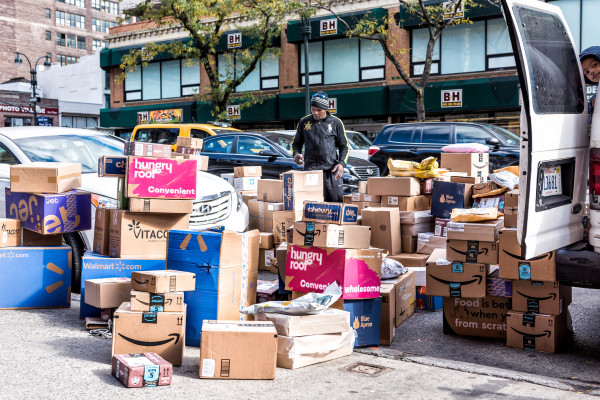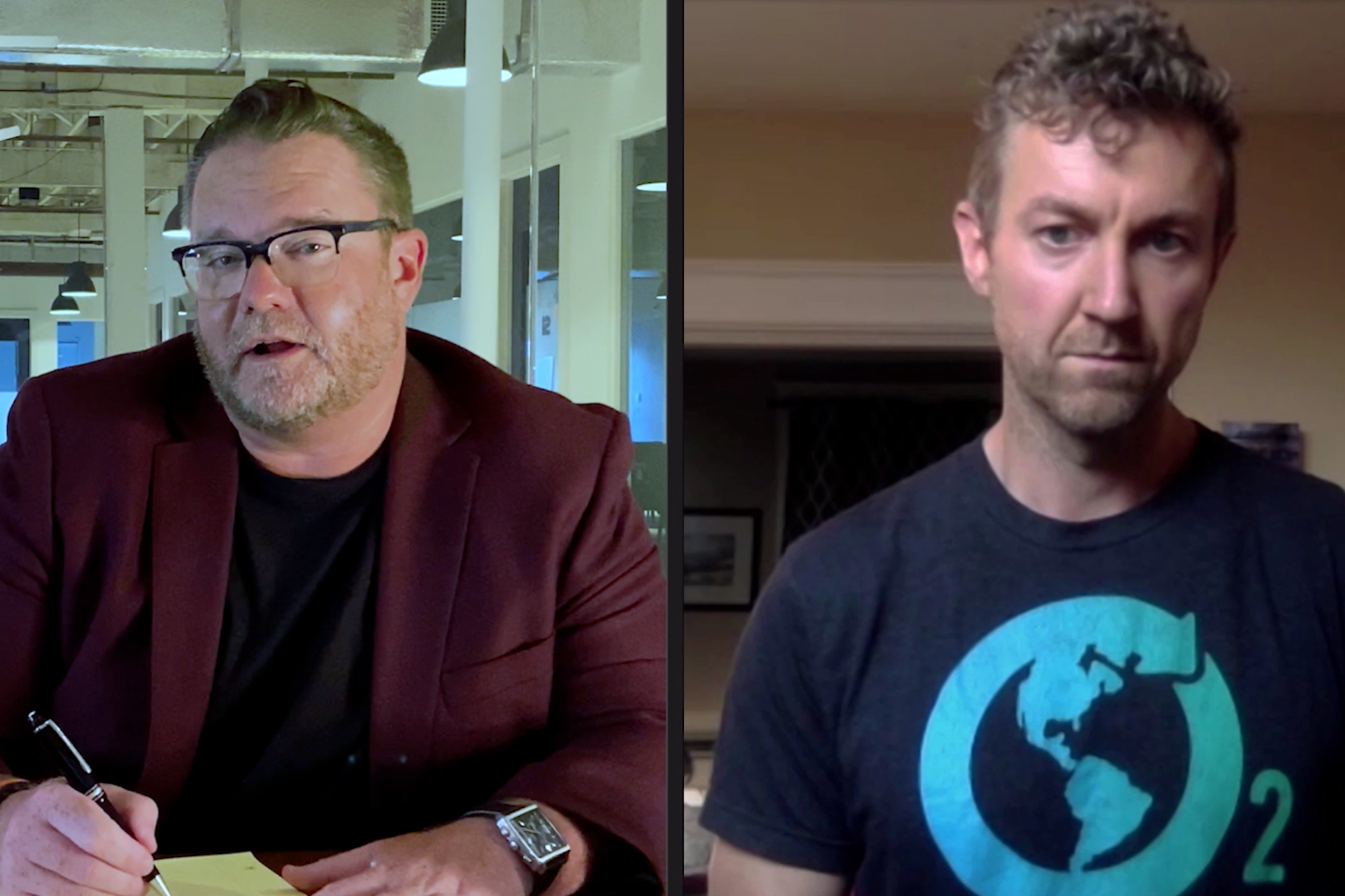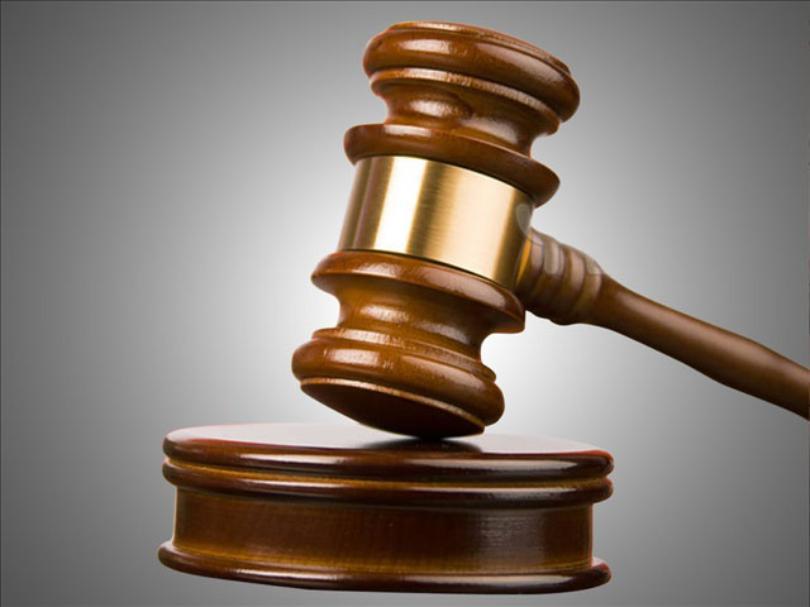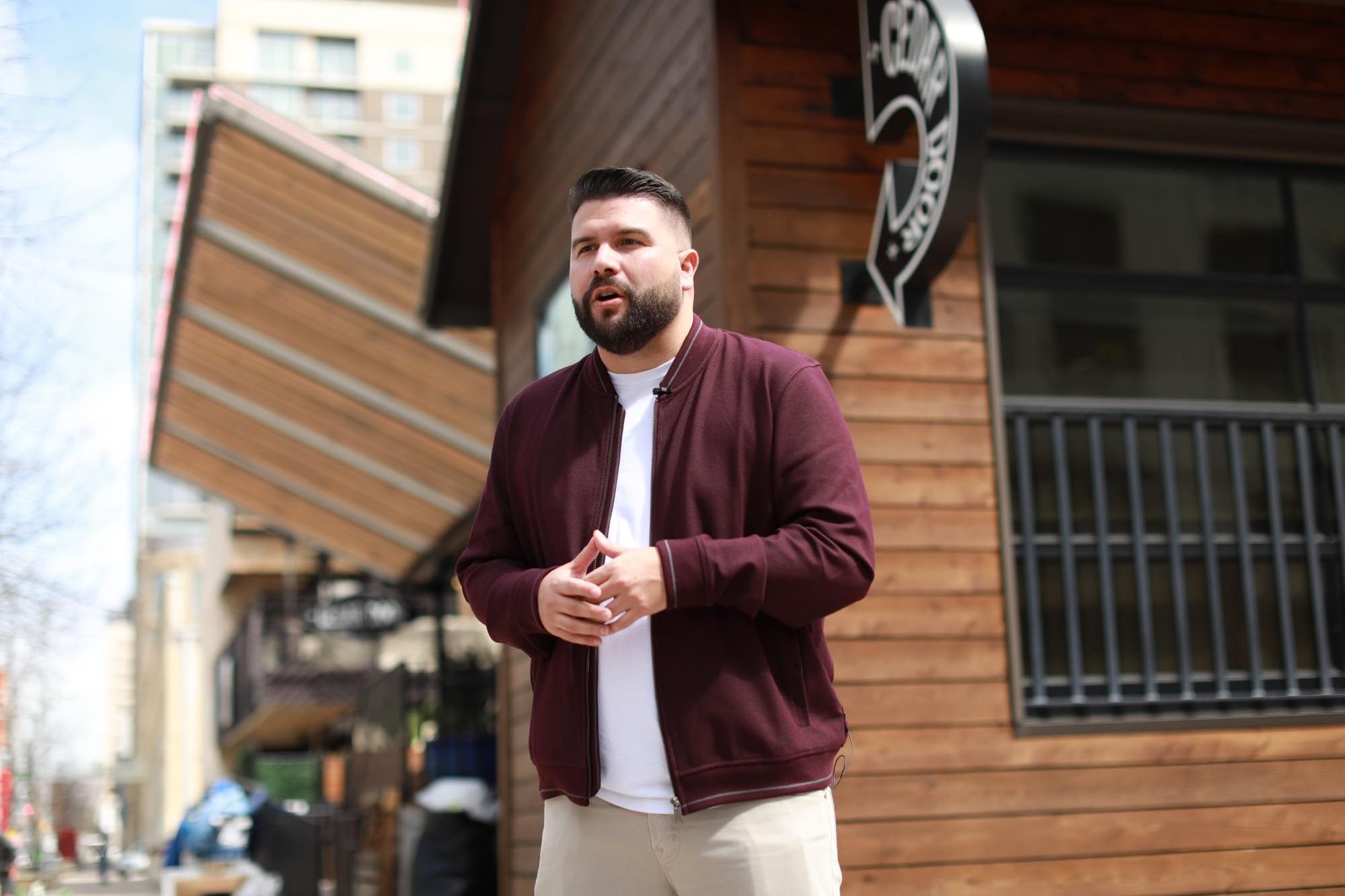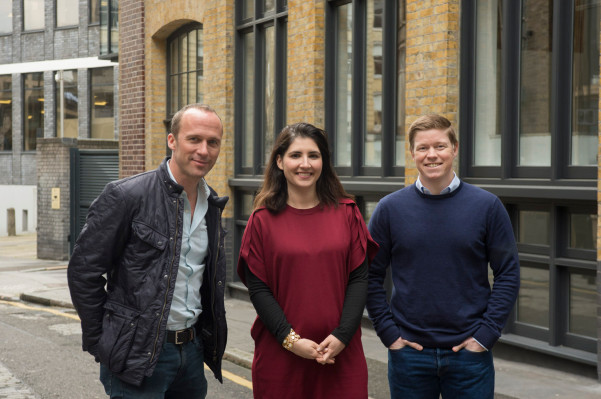Amazon announced today that it has invested $10 million in Closed Loop Fund, which finances the creation of recycling infrastructure and services in U.S. cities. In a statement, the e-commerce behemoth claimed that its investment will keep one million tons of recyclable material out of landfills and “eliminate the equivalent of two million metric tons of CO2 by 2028, equivalent to shutting down a coal-fired power plant for six months.”
Founded in 2014, Closed Loop Fund invests in companies and organizations working on services, infrastructure, or technology that will make recycling accessible to more communities in the U.S. Only a few cities have made recycling mandatory and in many municipalities, trucking trash to the landfill is still much cheaper than offering curbside recycling. According to Amazon’s announcement, about half of Americans “lack access to convenient, sufficient curbside recycling at their homes.” Over the next 10 years, Closed Loop Fund wants to save more than 8 million tons of waste from landfills by making recycling easier for 18 million households.
In a statement, Closed Loop Fund CEO Ron Gonen said “Amazon’s investment in Closed Loop Fund is another example of how recycling is good business in America. Companies are seeing that they can meet consumer demand and reduce costs while supporting a more sustainable future and growing good jobs across the country. We applaud Amazon’s commitment to cut waste, and we hope their leadership drives other brands and retailers to follow suit.”
As the largest online retailer in the U.S. by far, Amazon packages produce a massive amount of cardboard and packaging waste every year. More than 5 billion items were shipped through Amazon Prime last year, while the company’s fulfillment and shipping network increased by more than 30% in square footage.
The burden placed on overwhelmed municipalities and waste collection services that need to dispose of packaging from Amazon and other e-commerce stores has been dubbed the “Amazon Effect” and blamed for contributing to the decline in the cardboard recycling rate. According to the American Forestry and Packaging Association, the recycling rate for cardboard fell to 88.8% in 2017 from 92.9% in 1999.
Amazon claims its Frustration-Free Packaging program, which offers brands incentives to use less wasteful packaging, has eliminated more than 244,000 tons of packaging materials and made it possible to avoid more than 500 million shipping boxes since launching 10 years ago. But with its rapid pace of growth—Amazon is expected to reach $258.22 billion in U.S. retail sales this year, accounting for 49.1 percent of all online retail spending in the country and 5 percent of all retail sales—there is still a lot of work to do if it really wants to stop contributing to packaging waste.

